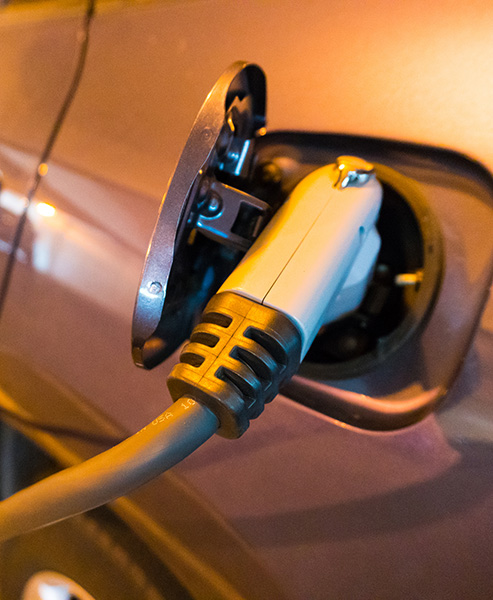
About FCAI
FCAI is the peak industry organisation representing the Australian motoring industry.

Safety
Learn more about the safety technology FCAI members are bringing to Australian roads.

Environment
Learn more about Australia’s transition to a zero-emission light vehicle fleet.

Get VFACTS
The premier data source for new car sales in Australia.

New vehicle sales for December 2025
totalled
98744
up 3.0% from December 2024
The December 2025 market of 98,744 shows a decrease in new vehicle sales of 3.0% compared to December 2024.
NEWS
- Motorcycle sales data for 2025 releasedDuring 2025 a total of 92,967 motorcycles and off-highway vehicles were delivered to Australian customers, a decrease of 1.3 per cent compared with 2024 . Off-road motorcycle sales were steady at 41,190 units, 12 units more than the previous year. Road motorcycle sales declined by 3.6 per cent to 33,018 units, while scooter sales increased […]
Australia’s Top sellers
October 2025
Sales
In December 2025, a total of 98,744 new vehicles were delivered in Australia. This is an increase of 3.0 per cent compared to the same month last year. During 2025, SUVs claimed 60.7 per cent of the market, Light Commercial Vehicles 22.6 per cent and Passenger vehicles 13.2 per cent.
If you would like more detailed information about vehicle sales including breakdowns by model, state, fuel-type or buyer type.
62.3
%
SUVs
21.7
%
Light Commercial Vehicles
12.2
%
Passenger vehicles